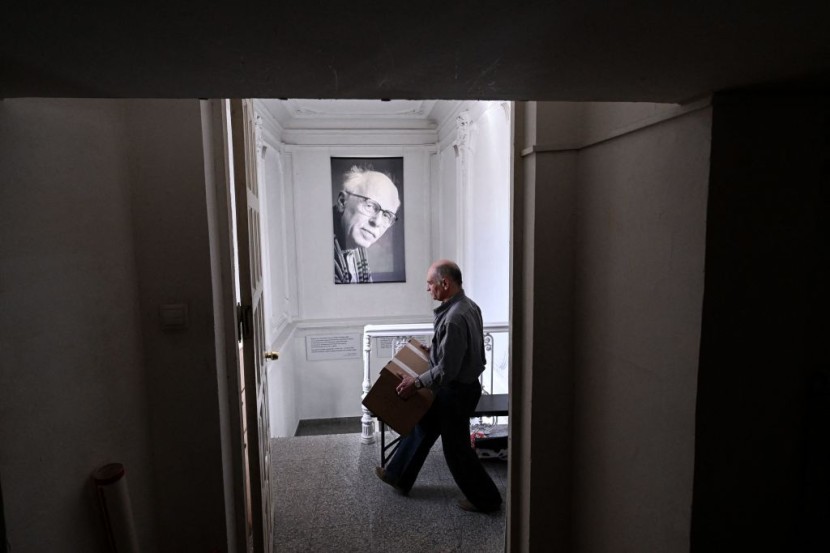Salaries in Russia have increased more than 7% in the first 11 months of last year, beating the rate of inflation, due to a labor shortage tied to the conflict and an exodus of workers.
The European nation's wartime labor crunch is boosting wages so much that the gains have overtaken inflation. Anton Koytakov said that last year, real wages in Russia, which excludes inflation, increased by 7.6% compared to the previous year.
Russian Salaries Increase Amid War

Kotyakov is Russia's Minister of Labor and Social Protection and he added that real wages have risen 33.2% over the last six years.
Moscow's official wage statistics are in line with an analysis by Bloomberg that was published in January this year. That report showed that wages in the private sector in Russia increased by 8% to 20% last year.
The gains were supported by a labor crunch in Russia following its invasion of Ukraine due to a brain drain and as men continued to head to the front lines.
The data on the country's wages came nearly two years after the beginning of its invasion of Ukraine, which triggered sweeping Western sanctions against President Vladimir Putin's regime, as per Business Insider.
As the war between the two countries continues into its third year, Russia's economy appears to be showing resilience. Experts argue that this is because of a combination of wartime spending and government subsidies.
On the other hand, Russia's economic growth has spurred inflation, which already hit nearly 12% in 2022 and 7.4% in 2023.
In particular, the prices of eggs soared more than 40% in the year leading up to November last year, which prompted Putin to make a rare apology as he sought re-election in March.
Read Also: World Leaders React to Alexei Navalny Death: Outrage, Concern, Skepticism Among International Tone
Russia's top central banker, Elvira Nabiullina, issued a warning in December last year that the nation's economy runs the risk of overheating. She has linked interest rates to 16% to cool the economy.
Nabiullina compared Russia's economy to a car and if you try to drive it faster than allowed by the manufacturer's specifications, the engine would overheat sooner or later.
This would result in the passengers not being able to travel a long distance that would have otherwise been possible, according to Yahoo News.
Comparing Russian and American Wages
The salary increase in Russia comes as Tucker Carlson, who previously interviewed Putin in Moscow, expressed his surprise at finding out how much groceries cost in the European nation compared to the United States.
He and his team went to buy groceries that they estimated would have cost them roughly $400 in the U.S. but were only priced at a total of $104 in Russia. However, many experts criticized him for his lack of knowledge on the issue.
Citizen Lab researcher John Scott-Railton posted on X, formerly known as Twitter, saying that Carlson did not consider U.S. wages and American purchasing power.
The latest figures available from Russia's Federal State Statistics Service showed that the average monthly wage was roughly $787 in December last year.
On the other hand, the U.S. Bureau of Labor Statistics reported that in the last quarter of last year, the median weekly earnings of Americans was estimated to be $1,142, which would equate to roughly $4,568 per month, said Newsweek.
Related Article:
Avdiivka Falls to Russian Military—A Sign of Ukraine Weakening?








